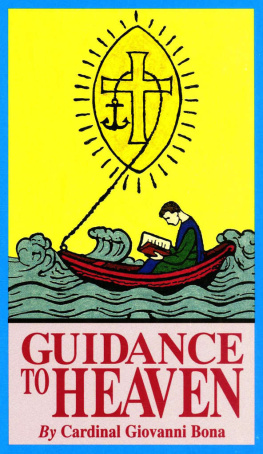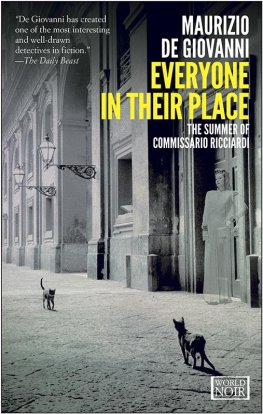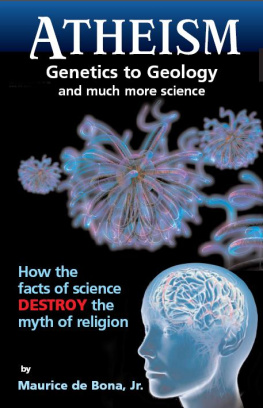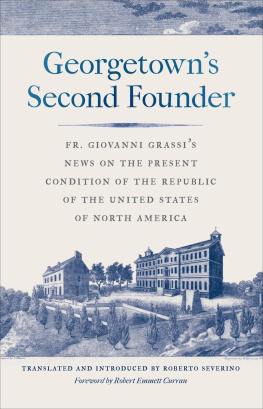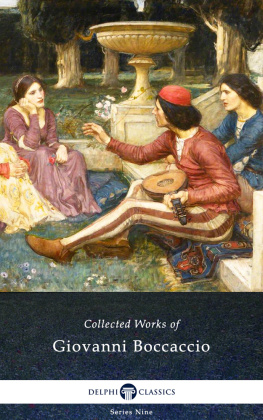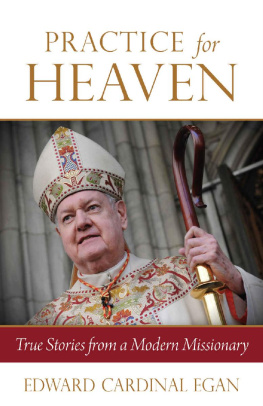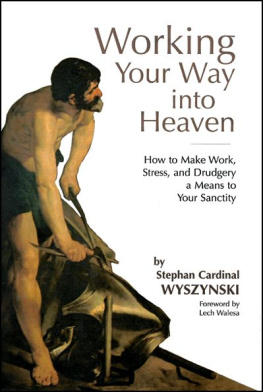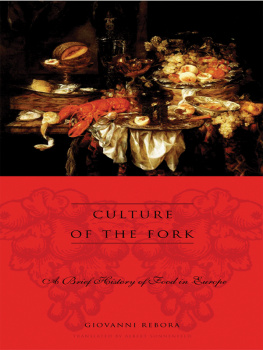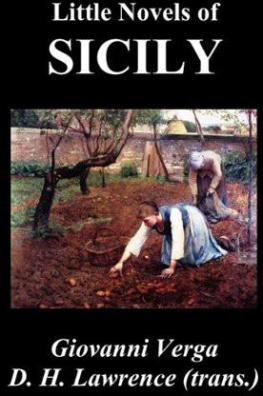Cardinal Giovanni Bona - Guidance to Heaven
Here you can read online Cardinal Giovanni Bona - Guidance to Heaven full text of the book (entire story) in english for free. Download pdf and epub, get meaning, cover and reviews about this ebook. year: 2015, publisher: TAN Books, genre: Religion. Description of the work, (preface) as well as reviews are available. Best literature library LitArk.com created for fans of good reading and offers a wide selection of genres:
Romance novel
Science fiction
Adventure
Detective
Science
History
Home and family
Prose
Art
Politics
Computer
Non-fiction
Religion
Business
Children
Humor
Choose a favorite category and find really read worthwhile books. Enjoy immersion in the world of imagination, feel the emotions of the characters or learn something new for yourself, make an fascinating discovery.
- Book:Guidance to Heaven
- Author:
- Publisher:TAN Books
- Genre:
- Year:2015
- Rating:3 / 5
- Favourites:Add to favourites
- Your mark:
- 60
- 1
- 2
- 3
- 4
- 5
Guidance to Heaven: summary, description and annotation
We offer to read an annotation, description, summary or preface (depends on what the author of the book "Guidance to Heaven" wrote himself). If you haven't found the necessary information about the book — write in the comments, we will try to find it.
Guidance to Heaven — read online for free the complete book (whole text) full work
Below is the text of the book, divided by pages. System saving the place of the last page read, allows you to conveniently read the book "Guidance to Heaven" online for free, without having to search again every time where you left off. Put a bookmark, and you can go to the page where you finished reading at any time.
Font size:
Interval:
Bookmark:
Guidance to
Heaven
On the Catholic
View of Life
Cardinal
Giovanni Bona
The present edition of Guidance to Heaven is a careful adaptation for modern usage of Fr. Andrew Byrne's 1852 translation of Cardinal Giovanni Bona's Manuductio ad coelum (1658), published by James Duffy & Sons, London in 1881 (third edition) under the title, The Hand that Leads to Heaven .
Copyright 1995 by TAN Books
Library of Congress Catalog Card No.: 95-60197
The typesetting in this book is the property of TAN Books and Publishers, Inc., and may not be reproduced, in whole or in part, without permission in writing from the Publisher.
Cover illustration (with adaptation) from The Church's Year of Grace (Vol. II), by Dr. Pius Parsch, copyright 1953 by The Order of St. Benedict, Inc. and published by The Liturgical Press, Collegeville, Minnesota. Used with permission.
TAN Books
Charlotte, North Carolina
www.TANBooks.com
1995
"No man can serve two masters. For either he will hate the one, and love the other: or he will sustain the one, and despise the other. You cannot serve God and mammon."Matthew 6:24
CONTENTS
PUBLISHER'S PREFACE
Guidance to Heaven by Cardinal Giovanni Bona was published in 1658 in Latin under the title Manuductio ad coelum , meaning literally, " Guidance to Heaven ." It enjoyed wide popularity, going through fourteen Latin editions in forty years. It has been translated into Italian, French, English, German, Spanish and Armenian. The present translation was completed in 1852 under the title, The Hand that Leads to Heaven , and another English translation was published in London in 1900 under the title, A Guide to Eternity . The present English edition is adapted from the 1852 translation published by James Duffy & Sons, London in 1881 with the translator's original dedicatory introduction.
There Fr. Andrew Byrne, the translator, freely admits to having been very faithful to the original "and therefore more literal than perhaps some may wish," except that "the title alone, I may say, is the only part of the work not translated literally." Indeed, he seems to have taken his English title from the 1690 French translation of the book called La Main Qui Conduit Au Ciel"The Hand that Leads to Heaven ." One can see how this meaning can be derived from the Latin Manuductio , "the action of leading or guiding,'' but we have preferred to translate the title literally, just as the author named his Latin original. Fr. Byrne's translation has been adapted slightly for the present edition in order to make this wonderful little book more intelligible to the modern reader. We have deemed this necessary for five distinct reasons:
First and foremost, many of the English words used by the translator are no longer commonly used. We do not employ "strand" to mean "beach" or "seashore," or "meat" to mean "food," or "fly" to mean "flee," etc. Over forty such words have regularly been changed to their contemporary equivalents. Secondly , by the translator's own admission, he was "more literal than perhaps some may wish." This has led to some very unusual and convoluted expressionswhich have been changed here to their obvious meanings. Thirdly , Latin is very compressed compared to English. Where the translator should have carried into English a more developed rendering, he instead transcribed certain passages in the original clipped style. These more developed translations have been given in this edition. Fourthly , Cardinal Bona was a very well read Latin scholar and a highly developed Latin stylist. One can detect in his writing some of the literary devices typical of many ancient pagan Latin writersof whom Tacitus is probably the best example for conciseness because of the compressed meaning of many of his sayings. Where these literary devices have been carried over into English, we have generally "aired them out," that is, given the obvious fuller meaning of the translation in the interest of ease of understanding for the reader. And fifthly , Latin, as all students of that language realize, has no definite or indefinite articles ("the," "a" or "an"), which fact forces the reader of Latin to determine for himself whether the writer means, for example, " the man," " a man" or just " man " Where Fr. Byrne, in our judgment, missed interpreting these correctly, we have changed them to fit the obvious context.
All these minor enhancements considered, therefore, we can say that the present edition of Guidance to Heaven is "complete," for nothing has been excised, and it is "elucidated," rather than "unabridged," because meanings have been enhanced. For the most part, however, the present translation is exactly what Fr. Byrne rendered, which is according to him a very faithful translation of the original, but we believe the improvements madewhich include modern, correct punctuationdramatically enhance the meaning of this famous little book, for now there is no clumsiness or ambiguity left to distract the reader from its powerful message.
THE VALUE OF THE BOOK
The overriding value of Guidance to Heaven is the stark examination it makes of human life, and its exposure of the judgmental pitfalls that people commonly get into in assessing its nature. Most books of spirituality mention, and even dwell at length upon, the need for prayer, sacrifice, the Mass, the Sacraments, devotion to Mary, the Rosary, almsgiving, etc., to improve our lives and strengthen our wills for the battle we face in being good and saving our souls. Such books wax eloquent on Sanctifying Grace, the beneficence of God, man's miserable state, and so on.
In Guidance to Heaven , most mention of these important matters is left unstated, being understood and held as a backdrop to the general discussion. Rather, what the author addresses in this book is the entire Catholic attitude toward lifeor, if you will, the Catholic philosophy of life! And this is no mean or trivial subject. Indeed, it is the foundation of all our spirituality, for out of the assessment we make of the nature of human life flow all our actionsas, for example, whether we attempt to go to Mass daily, receive the Sacrament of Penance weekly, pray the Rosary each day, practice True Devotion to Mary, tithe, give alms generously and so forth. From what do all these actions arise? They spring from our assessment of life and of the job we face in trying to save our souls. No other writer we know and definitely no other single book we have seen dos such an admirable job of evaluating human lifeof holding up to it a mirror, that we may see it as it really isas does Guidance to Heaven .
Is this book better than The Imitation of Christ , or does it replace The Spiritual Combatto both of which Catholic classics it has been compared? Hardly! On the other hand, does either of these singularly beneficial books perform anywhere near so well the essential function that Guidance to Heaven does in focusing our minds on the true Catholic attitude toward life? Not at all! A reading of Guidance to Heaven has the potential of transforming the entire orientation of a person's life...of causing conversions or reconversions to the Catholic Faith, of promoting vocations to the priesthood or religious life and of making serious Catholics out of the tepid. Truly, there is no other book we know quite like Guidance to Heaven for this remarkable contribution.
ABOUT THE AUTHOR
Cardinal Giovanni Bona (1609-1674) was born of an old French family at Mondovi in Piedmont (Italy). He became a Cistercian monk at Pignerola where, as later at Rome, he pursued study with great success. He worked for 15 years at Turin and was later prior at Asti and abbot at Mondovi. In 1651 he was called to preside over his entire congregation. Alexander VII made him Consultor to the Congregation of the Index and to the Holy Office, and in 1669 he was created Cardinal by Clement IX. After the death of this pope, many people thought that Cardinal Bona would succeed him to the Chair of St. Peter.
Next pageFont size:
Interval:
Bookmark:
Similar books «Guidance to Heaven»
Look at similar books to Guidance to Heaven. We have selected literature similar in name and meaning in the hope of providing readers with more options to find new, interesting, not yet read works.
Discussion, reviews of the book Guidance to Heaven and just readers' own opinions. Leave your comments, write what you think about the work, its meaning or the main characters. Specify what exactly you liked and what you didn't like, and why you think so.

